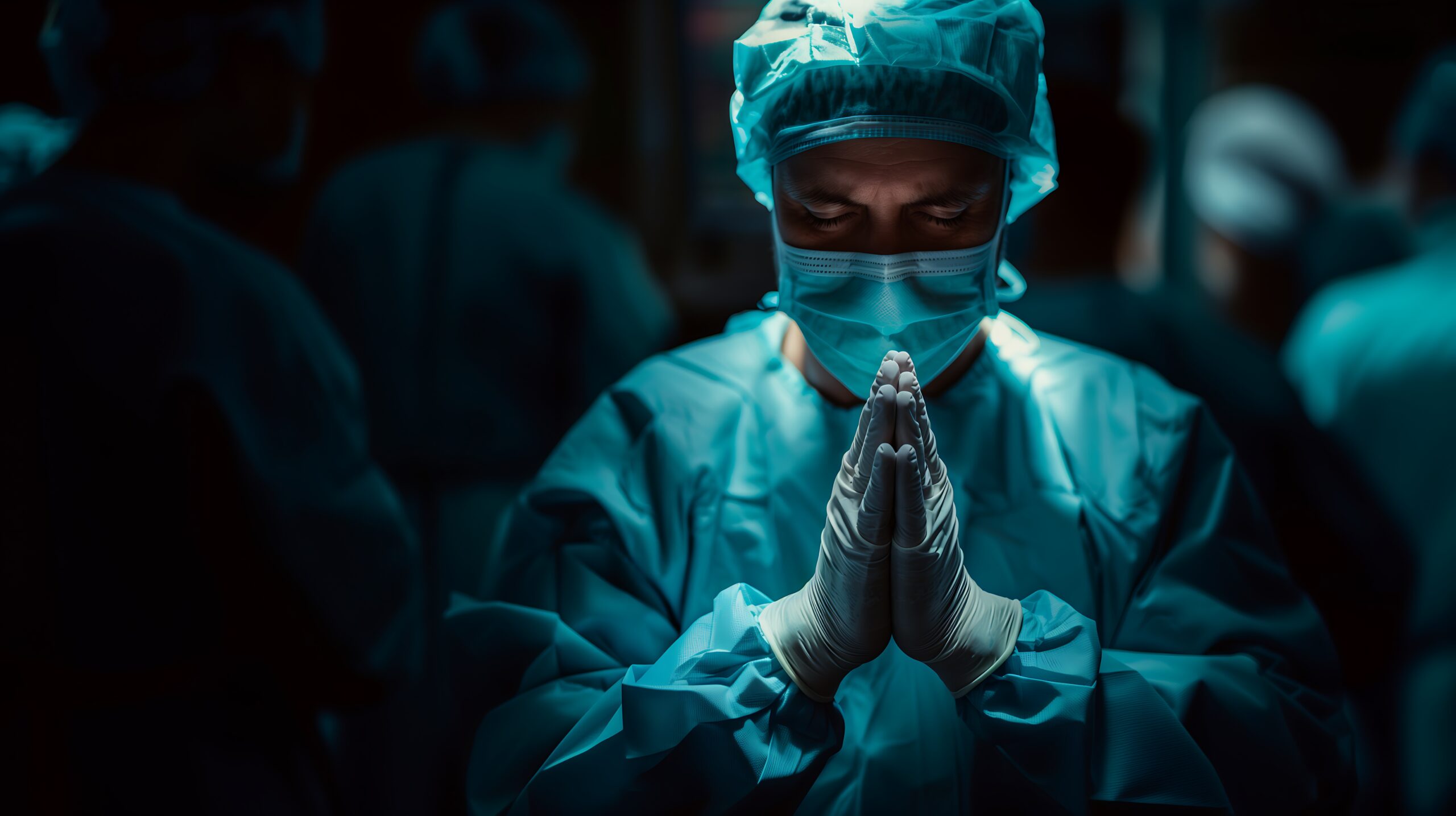There’s something unique about working night shifts in the emergency room. The halls are quieter, the lights a little dimmer, and everything feels just a bit more raw. At two in the morning, people don’t have the same filters they do during the day. You see fear, pain, confusion—and sometimes hope—in their truest forms. For me, those hours have also become a place where my faith meets my profession in the most personal and powerful way.
I’ve spent nearly three decades as an ER physician. I’ve seen the extremes of human suffering and resilience. In this job, you come face-to-face with death more often than you’d expect. You also get to witness the miracle of life in its most urgent moments. But you don’t walk through all of that unchanged. At some point, you have to answer the deeper questions: Where does strength come from when your own runs out? What do you hold on to when medicine doesn’t have an answer? For me, the answer has always been faith.
Medicine Is Not Always Enough
There’s a moment that happens more than people think in emergency medicine. You do everything right. You follow the textbook. You act quickly, the team works in perfect sync, and still… the patient doesn’t make it. Or worse, they make it, but the damage is too great, and they won’t be the same again. In those moments, all the science in the world isn’t enough to explain why things unfold the way they do.
That’s when my belief in something greater becomes more than a personal comfort—it becomes an anchor. I believe we are called to serve, to care for others with compassion and humility. But I also believe we aren’t in control of every outcome. My job is to show up, give everything I have, and then release the rest to God.
I can’t tell you how many times I’ve silently prayed over a patient’s stretcher, even while calling out instructions to the team. It’s not always something you say out loud. Sometimes it’s a quiet prayer for wisdom. Other times, it’s a plea for peace—for the patient, for the family, or even for yourself.
A Sacred Space in a Secular World
Working in healthcare means navigating a world that often avoids talk of spirituality. We’re taught to keep faith separate from the clinical side. But I’ve found that the emergency room, of all places, can become a sacred space. I’ve stood at the bedside of dying patients and watched families hold hands and pray. I’ve had strangers ask me if I believe in God just moments before they were sedated or taken into surgery. People want hope. They want connection. And they want to know they’re not alone.
There have been times when I’ve prayed with families—when they asked me to or when it felt right. I never force it, but I’ve learned that simple gestures can bring great comfort. A shared moment of faith, even in silence, can ease fear in a way no medication ever could.
When My Own Strength Isn’t Enough
It’s easy to think doctors are immune to emotional wear and tear. We’re expected to be calm, clear-headed, and steady. But we’re human. We carry the weight of what we see. Some nights, that weight feels especially heavy. Maybe a patient was the same age as your child. Maybe you couldn’t save someone you really thought you could. Maybe the shift was just long and hard, and you feel bone-deep exhausted.
That’s where my faith has sustained me the most. On those nights, I find peace in prayer. Sometimes it’s in the drive home, when the city is still dark and quiet. Sometimes it’s in the break room, just a deep breath and a whispered request for strength. I’ve leaned on scripture in moments of grief and found gratitude in moments of triumph. My faith doesn’t make the work easier—it makes it meaningful.
Faith Isn’t a Formula
I want to be clear: my faith isn’t a formula for fixing things. I’ve had prayers that didn’t get answered the way I hoped. I’ve faced losses that shook me. But even in the heartbreak, I’ve felt a kind of reassurance—that I’m not walking through this alone. That each patient is loved far beyond what I can understand. That healing doesn’t always mean curing.
Faith has also taught me to see each person as more than a diagnosis. They are souls, stories, people made in the image of God. That perspective has helped me treat every patient—regardless of background, behavior, or prognosis—with dignity. It reminds me to see beyond the charts and lab results, to notice the humanity behind the pain.
Grace on Every Shift
If there’s one thing I’ve come to understand after years in this field, it’s that grace shows up in unexpected places. It’s in the nurse who stays after her shift to comfort a grieving family. It’s in the EMT who treats every patient like their own relative. It’s in the moments when things turn out better than expected and in the quiet strength that shows up when they don’t.
That grace isn’t something I produce on my own. It flows through me when I make space for it—when I trust that I am part of something bigger than the hospital, bigger than the shift, even bigger than the outcome.
Working nights in the ER will always be demanding. It will always stretch me, challenge me, and sometimes leave me questioning what more I could’ve done. But faith keeps me grounded. It reminds me that healing is not always in my hands—but love, presence, and compassion always are.
And so I keep showing up. One shift, one patient, one prayer at a time.
